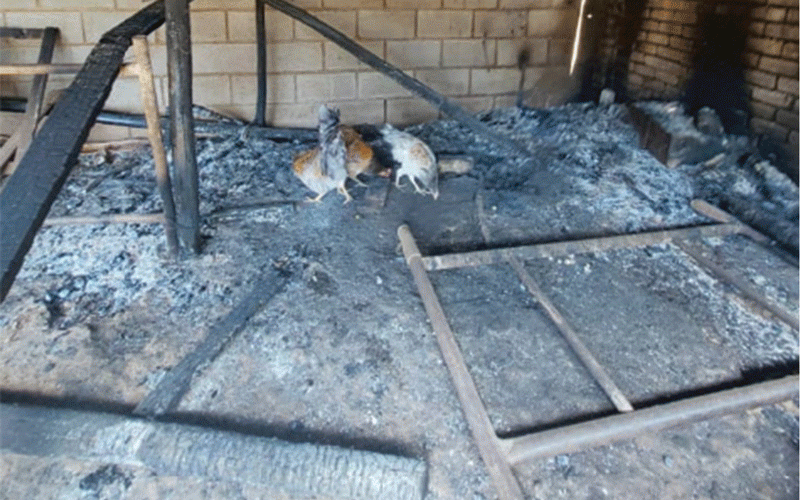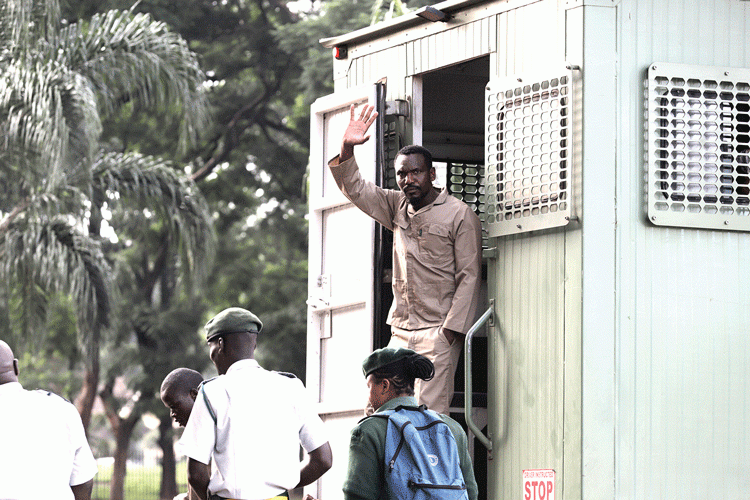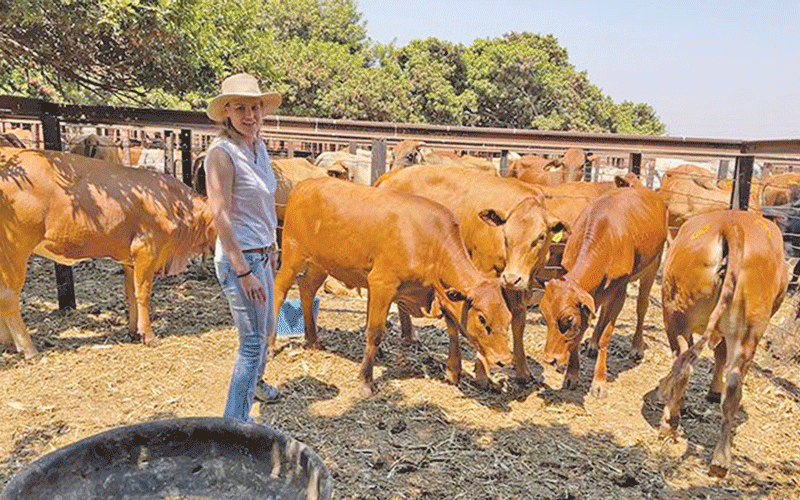Stakeholders in the healthcare sector have decried the late presentation of childhood cancer cases saying that it was a derailing efforts to fight the disease.
The World Health Organisation set a target of 60% coverage of childhood cancers by the year 2030 and Zimbabwe is still lagging at 20%.
Speaking on the sidelines of the Husqvarna Kidzcan Mud Run fundraising event on Saturday last week, cancer care nurse Charity Kawadza said they were making efforts to ensure that the survival rate of childhood cancer patients increases.
“Zimbabwe is a country which has been designated in the low to medium income countries catergory, which means our survival rate is about 20%.
“We want to raise the survival rate as high as possible. If we can get as high as 60%, which is being advocated for by World Health Organisation by the year 2030,” she said.
Kawadza said as a result of the aim to eliminate childhood cancers they had come up with a home for patients where they are given support and shelter as they undergo treatment processes.
Keep Reading
- Zim health system is in intensive care: How it got there
- Measles threat growing
- Take your child for measles vaccination
- Residents cry foul over Ngozi Mine pollution
“The other part we’ve added recently, which is a year old, is the home, what we call a halfway home. It is called Rainbow Children’s Village.
“It’s under three partners, KidzaCan, Meikles Foundation and Roundtable. Patients who come to stay with us at the village are those who are in between treatment.
“They would have already started treatment and they need a small break, but they cannot go home, which is maybe too far, so we house them until they get to their next appointment.
“We are giving drugs, giving all the support, but the element of treatment adherence is also very important. The number one cancer for children in Zimbabwe is leukemia, which is a blood cancer,” she said.
Mud Run founder Grant Mitchell said they were raising funds for KidzCan, adding that the organisation was doing a great job in the fight against childhood cancers.
“This is the 12th consecutive year. We didn’t stop through COVID. We were able to keep the event going through the years of COVID, obviously under the watchful eye of the SRC and the ministry,” Mitchell said.





